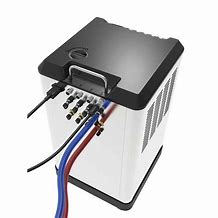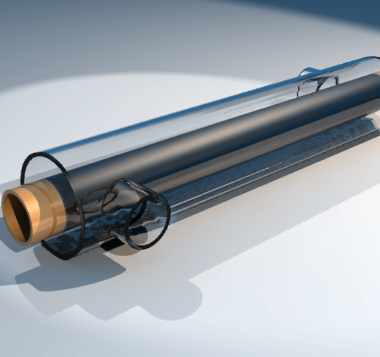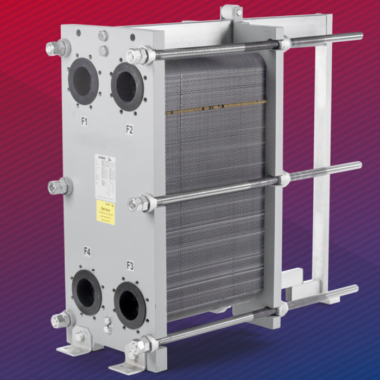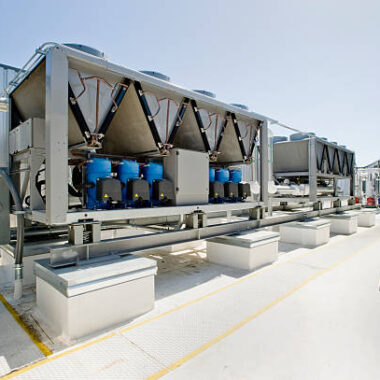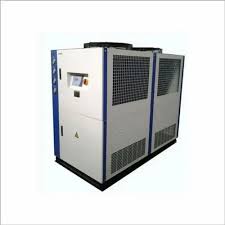Glycol Chiller Types
GLYCOL CHILLER TYPES
In a glycol chiller, a fraction of glycol is mixed with water to create extremely low temperatures that are much below the freezing point of water. The two distinct forms of glycol are based on either propylene glycol or ethylene glycol. Due to the antifreeze qualities of glycol, the coolant must be in a fluid phase to attain its low cooling thresholds. Ethylene or propylene glycol and water are typically combined in chiller units at a 60 to 40 percent ratio.
Glycol chillers come in two different varieties:
- Ethylene
- Propylene
Although both chemicals are glycols, mixing them would prohibit a system from functioning properly since they have differing fluid, toxicity, and heat transfer properties.
Glycol, sometimes known as antifreeze, is an organic substance that is a member of the alcohol family. The most notable feature of glycol is its high heat transfer capabilities. These make it ideal for cooling and chilling applications. In chillers, glycol mixes are used to swiftly remove a lot of heat. Heat is a typical by-product of chemical reactions and needs to be quickly eliminated in order to keep the process stable. Because of their quick response time and superior heat transfer capabilities, glycol chillers are used in these situations.
Ethylene Glycol (EG)
Ethylene glycol is used in industrial cooling systems as an antifreeze and rust inhibitor to avoid freezing. The amount of ethylene glycol to employ in a mixture of glycol and water is determined. These are using the lowest outdoor ambient temperature and the temperature of the application loop. Ethylene glycol is employed in industrial applications with chillers due to its high flashpoint of 240o F. Due to its toxicity, ethylene glycol is not allowed to be used in the processing of food.
Propylene Glycol (PG)
Food-grade antifreeze with low toxicity is propylene glycol. It is safer than ethylene glycol and biodegradable. Propylene chillers are used in refrigeration systems in the food industry, where they may come into contact with people. Propylene is a synthetic liquid that water readily absorbs. The Food and Drug Administration has approved propylene glycol as safe. It can be used to hold onto moisture and maintain moisture control in foods, cosmetics, and pharmaceuticals.


